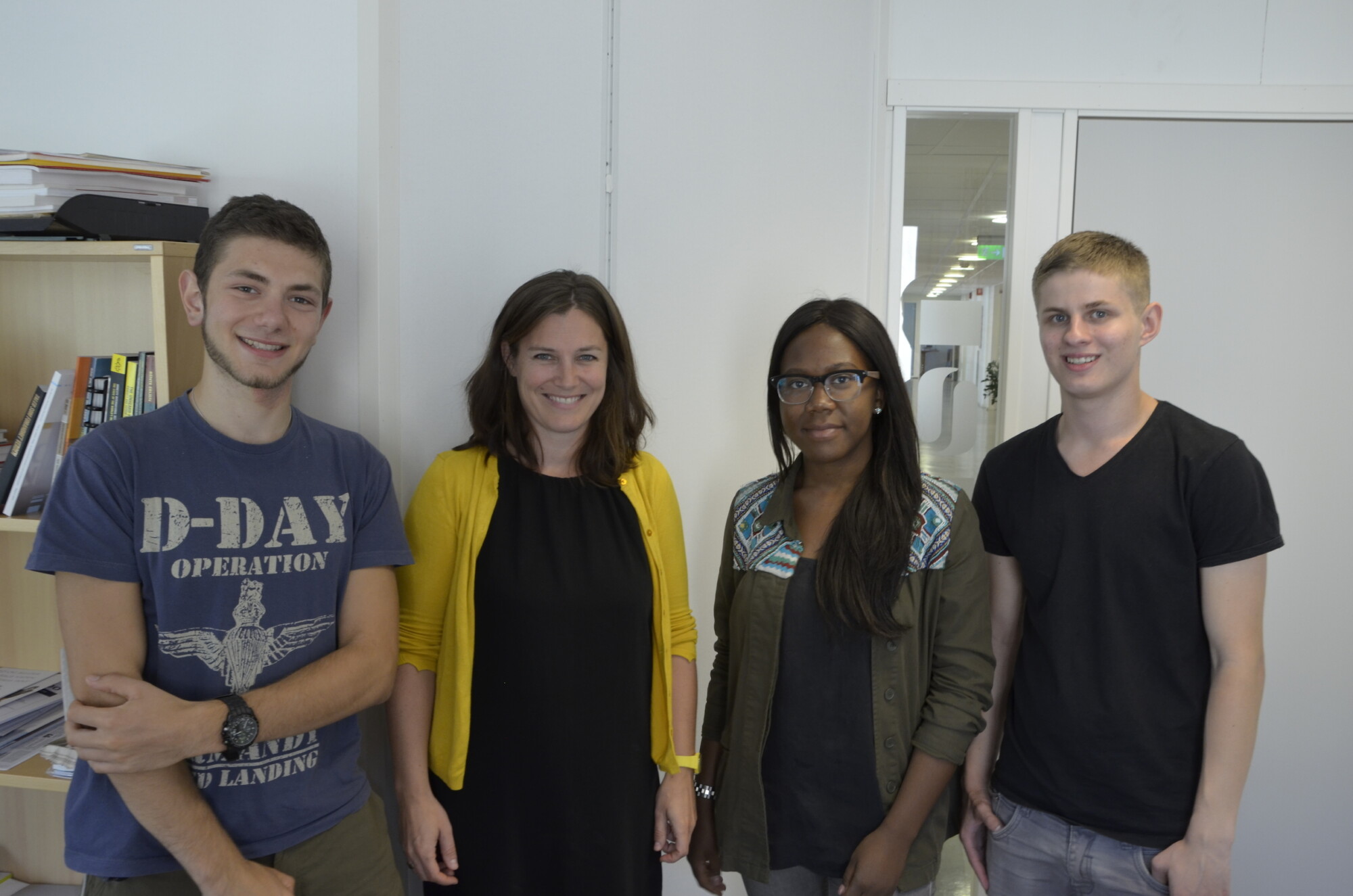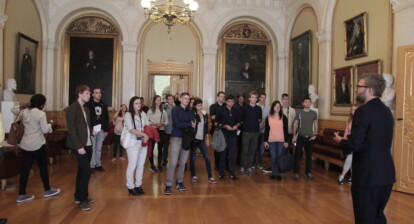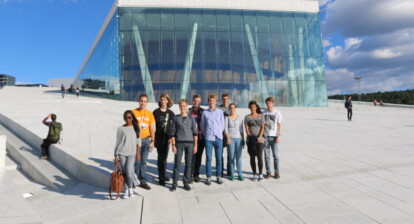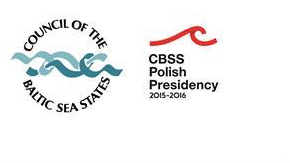Mrs. Randi Hagen Eriksrud told us that there are several types of discrimination: it could be based on the gender, sexual orientation, religion, age, ethnicity or disability.
The organization operates in five different ways: it helps people who have experienced discrimination; it has lawyers that take care of the cases of discrimination; it gives people advice about discrimination; its members take part in debates on equality and discrimination, to inform about them; it also influences the governmental politics, controls what the government does and wants to do according to the International Conventions and the human rights.
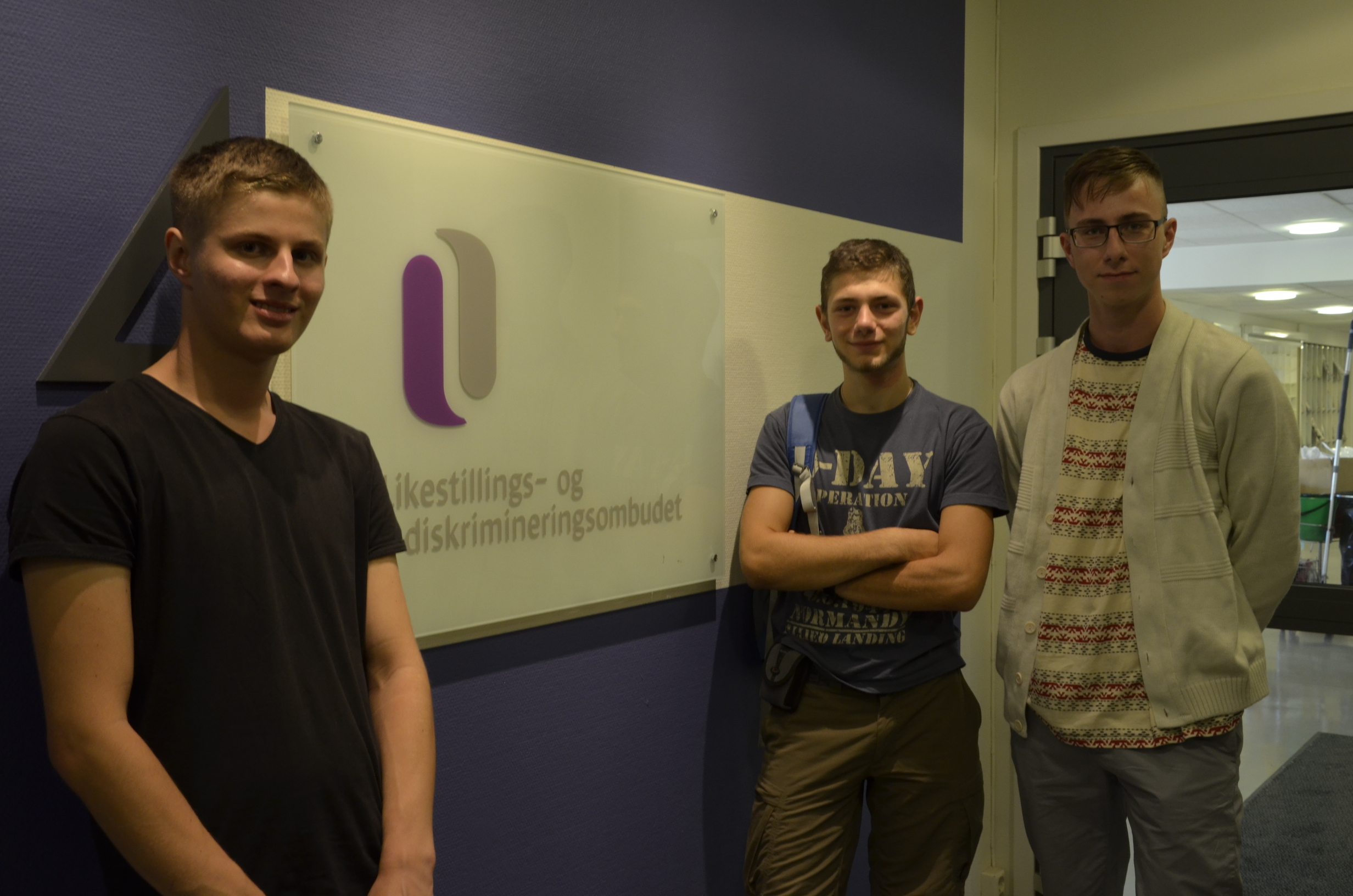 What makes this organization different from the others is that it works only in Norway: in fact it is a governmental organization, it is part of the State. It is paid and appointed by the Parliament, even if it operates in an independent way.
What makes this organization different from the others is that it works only in Norway: in fact it is a governmental organization, it is part of the State. It is paid and appointed by the Parliament, even if it operates in an independent way.
It is like an intermediary between the State and NGOs: it supports the disadvantaged ones according to the guide-line politics of the government. But even if you can’t compare it to an NGO, you have to remember that they work in completely different ways and both – the “governmental organizations” as well as the NGO’s – are important.
Ombudsman for legacy supports everyone: not only minorities, but also Norwegian citizens that were discriminated (e.g. at work). According to Mrs. Eriksrud, the inspiration for the organization are people who were brave to declare the existence of discrimination and have the power to talk about the difficulties they had experienced. This is an unusual organization: this is not an NGO, and the people who work there are appointed and paid by Parliament. In our opinion, they could have a different view on the situations they deal with.
Pietro (Italy), Tanzia (Germany), Tomaz (Poland), Jan (Slovakia)

